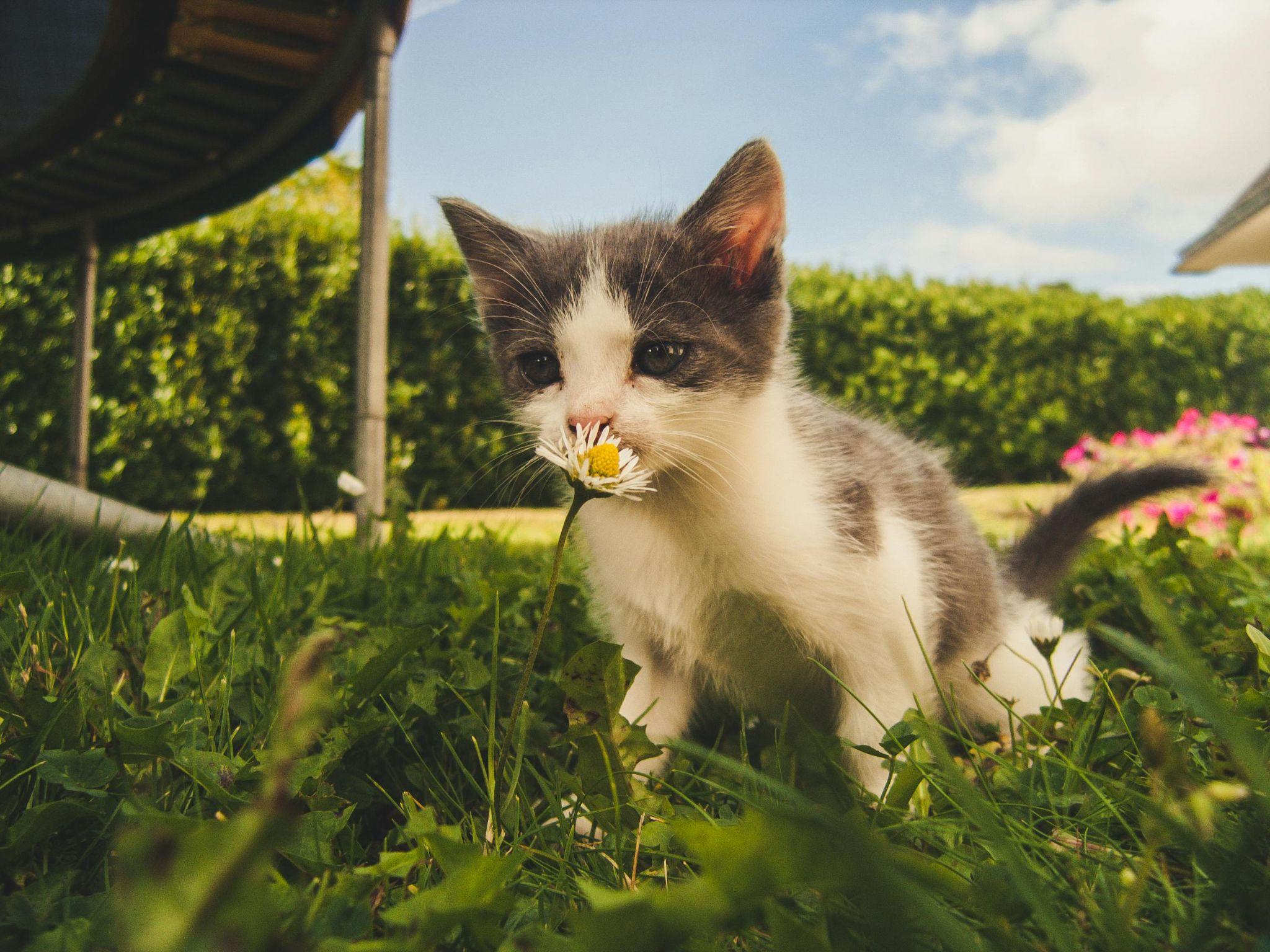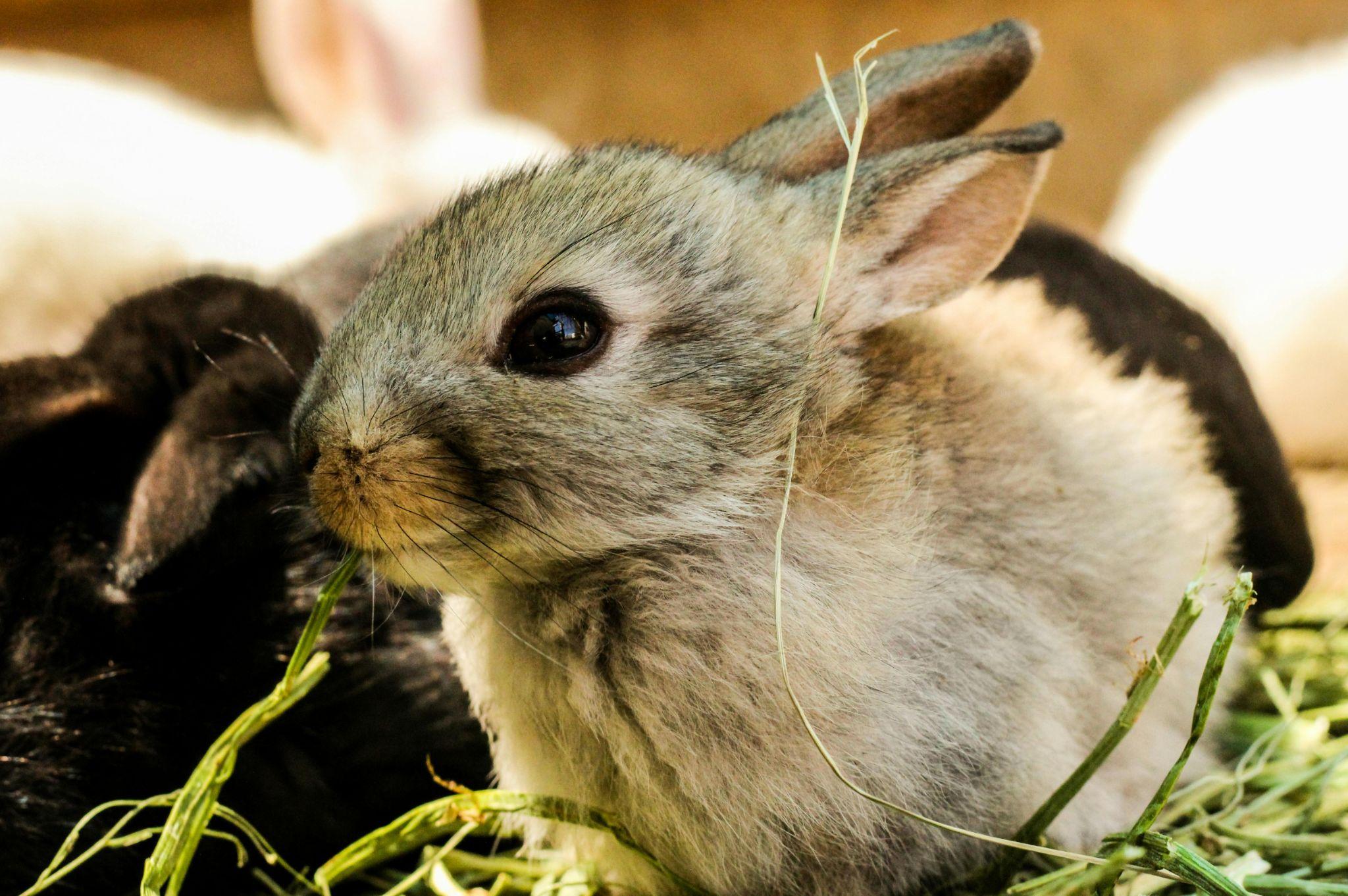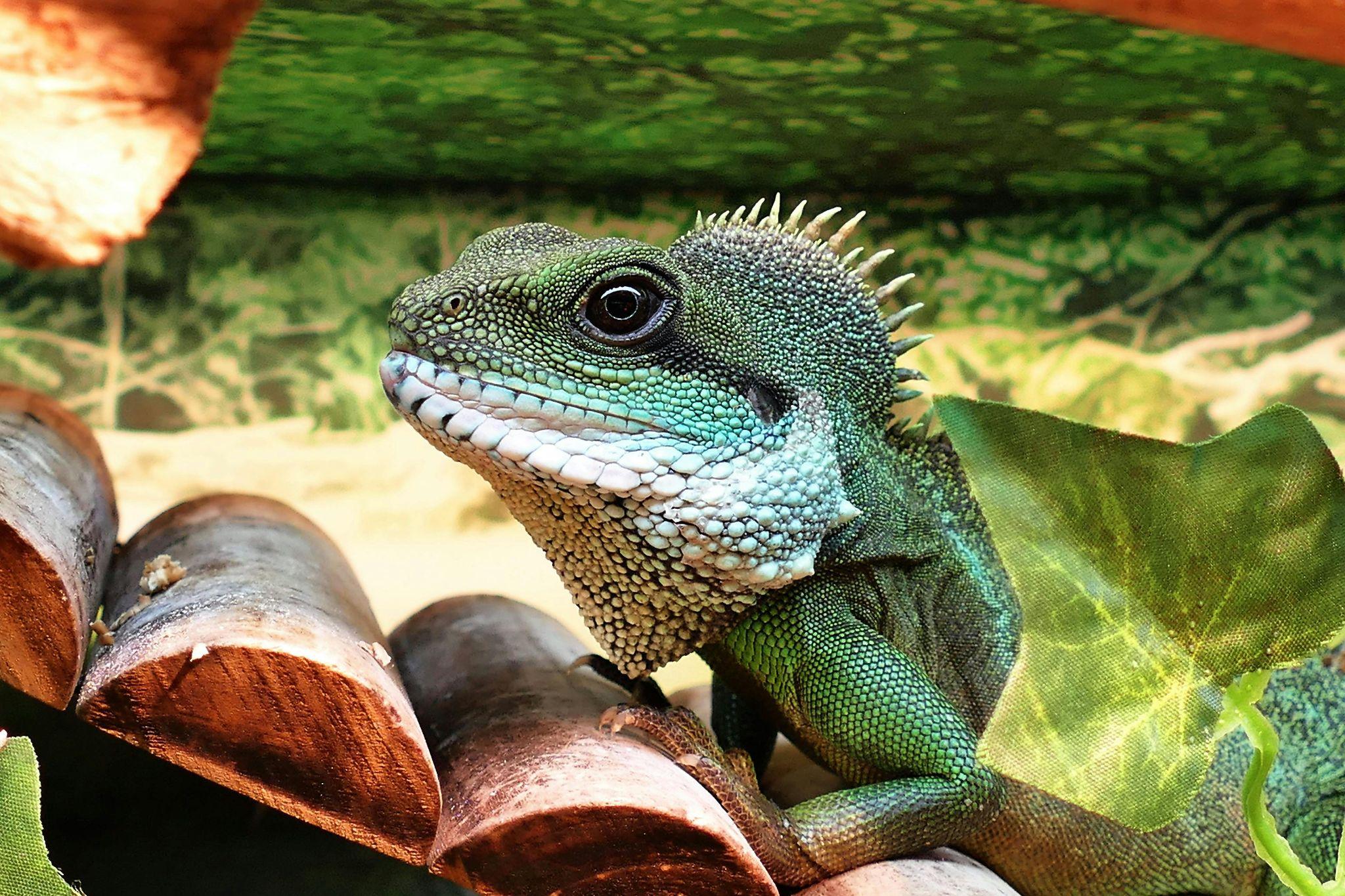Summer is synonymous with fun, sun, and adventure, but it also comes with unique challenges for pet owners. The warm weather brings potential risks that can affect the well-being of your beloved pets. Whether you’re planning a beach getaway, a road trip, or simply enjoying the summer at home, it’s essential to prioritize your pet’s safety. This comprehensive guide will help you navigate the season, offering valuable tips on how to keep your pet safe during summer vacation, ensuring a stress-free and enjoyable time for you and your furry, feathered, or scaly companions.

Understanding the Risks of Summer for Pets
Why is Summer a Dangerous Time for Pets?
While summer is a time of enjoyment for many, it can present significant dangers for pets. The soaring temperatures, increased outdoor activities, and exposure to different environmental factors can lead to severe health problems. Understanding these risks is crucial to keeping your pet safe during summer vacation. https://truepetslove.com/how-to-choose-the-right-pet-bed-a-comprehensive-guide-for-pet-owners/
Common Summer Hazards for Pets
- Heatstroke: Pets, particularly dogs, are prone to heatstroke in the summer. Unlike humans, pets have limited ways to cool down, making them susceptible to overheating.
- Dehydration: High temperatures increase the risk of dehydration. It’s vital to ensure your pet has constant access to fresh water to prevent this potentially life-threatening condition.
- Paw Pad Burns: Hot pavement can cause painful burns on your pet’s paws. Always check the surface temperature before walking your dog on sunny days.
- Sunburn: Pets, especially those with short or light-colored fur, can suffer from sunburn. Protecting them from excessive sun exposure is essential.
- Parasites: Fleas, ticks, and mosquitoes are more active in the summer, increasing the risk of diseases like Lyme disease and heartworm.

Preparing for a Pet-Friendly Summer Vacation
Planning Ahead: What Should You Consider?
When planning your summer vacation, your pet’s needs should be a top priority. Here’s what to consider:
- Destination Suitability: Is your destination pet-friendly? Ensure that your accommodation and planned activities are suitable for your pet.
- Health Check-Up: A pre-vacation vet visit is a wise precaution. Make sure your pet’s vaccinations are up-to-date and discuss any summer-specific health concerns with your veterinarian.
- Travel Arrangements: Whether you’re traveling by car, plane, or train, ensure your pet is comfortable and safe. Invest in a sturdy carrier or harness, and never leave your pet in a parked car, even for a short period.
Packing Essentials for Your Pet
When packing for your summer vacation, don’t forget these pet essentials: https://truepetslove.com/
- Water and Food: Pack ample food and water for the trip, along with bowls. A portable water dispenser is ideal for long walks or hikes.
- First Aid Kit: Include bandages, antiseptic wipes, tweezers (for ticks), and any prescribed medications your pet may need.
- Comfort Items: Bring your pet’s favorite toys, blanket, or bed to help them feel secure in unfamiliar surroundings.
- Identification: Ensure your pet wears a collar with an ID tag that includes your contact information. Microchipping adds an extra layer of security.

Keeping Your Pet Safe During Summer Vacation: On the Road
How Can You Keep Your Pet Comfortable During Car Travel?
Traveling by car is a popular way to bring pets along on vacation, but it requires special attention to safety:
- Use a Pet Carrier or Seatbelt Harness: To prevent injuries during sudden stops, secure your pet in a well-ventilated carrier or use a seatbelt harness designed specifically for pets.
- Keep the Car Cool: Ensure your car is well-ventilated and air-conditioned. Never leave your pet alone in a parked car, as temperatures can quickly become dangerously high.
- Regular Breaks: Plan for regular stops to allow your pet to stretch, relieve themselves, and hydrate.
Flying with Pets: What Should You Know?
Flying with pets can be more challenging, especially during summer. Here’s what you need to know:

- Choose a Pet-Friendly Airline: Not all airlines have the same policies for pets. Research and select an airline that offers the best conditions for pet travel.
- Prepare Your Pet’s Carrier: The carrier should be well-ventilated, large enough for your pet to stand and turn around, and lined with absorbent material in case of accidents.
- Avoid Peak Heat Times: If possible, book flights early in the morning or late in the evening when temperatures are cooler.
- Acclimate Your Pet: Familiarize your pet with their carrier well before the flight to reduce anxiety.
Enjoying Outdoor Activities with Your Pet Safely
Beach Safety: How Can You Keep Your Pet Safe?
A day at the beach can be fun for both you and your pet, but it’s important to take precautions:
- Provide Shade and Fresh Water: Ensure your pet has access to a shady spot to rest and fresh water to drink, preventing dehydration.
- Rinse Off After Swimming: Saltwater and sand can irritate your pet’s skin. Rinse them off with fresh water after a swim.
- Watch for Dangerous Objects: Be vigilant for sharp shells, fish hooks, and other debris that could harm your pet.
Hiking with Pets: What Should You Pack and Prepare?

Hiking is a fantastic way to explore nature with your pet, but preparation is key:
- Check the Trail Conditions: Ensure the trail is pet-friendly and not too strenuous for your pet’s fitness level.
- Pack the Essentials: Bring plenty of water, a collapsible bowl, a leash, and waste bags.
- Watch for Wildlife: Be aware of potential encounters with wildlife, including snakes and insects, which could pose a threat to your pet.
- Paw Protection: Consider booties for your pet if the terrain is rough or hot. This will protect their paws from sharp rocks and hot surfaces.
Special Considerations for Different Types of Pets
The Reptile Care Tips for Summer Vacation

Reptiles, such as lizards and snakes, have unique needs during the summer:
- Temperature Regulation: Ensure your reptile’s habitat is kept at an appropriate temperature. Avoid direct sunlight exposure, which can cause overheating.
- Hydration: Provide a shallow dish of water for soaking and mist their enclosure regularly to maintain proper humidity levels.
- Safe Transportation: Use a secure, insulated container for transporting your reptile to maintain a stable temperature during travel.
Bird Care Guide: How Can You Keep Birds Safe in the Summer?
Birds can be sensitive to temperature changes and new environments. Here’s how to care for them:
- Avoid Direct Sunlight: Keep your bird’s cage out of direct sunlight to prevent overheating.
- Provide Fresh Water: Ensure your bird has access to fresh water at all times. On particularly hot days, consider adding ice cubes to their water dish.
- Watch for Signs of Stress: Birds can become stressed in new environments. Look for signs such as feather plucking or changes in vocalization and consult a vet if necessary.
Small Mammals: Tips for Rabbits, Guinea Pigs, and Hamsters
Small mammals are also vulnerable to summer heat. Here’s how to protect them:
- Cool Housing: Keep their living area cool by placing frozen water bottles wrapped in towels inside their cages.
- Hydration: Provide fresh water and consider adding extra water bottles to ensure they stay hydrated.
- Avoid Outdoor Time During Peak Heat: If you let your small mammal outside, do so early in the morning or late in the evening when temperatures are lower.
How to Keep Your Pet Safe During Summer Vacation: Final Tips

What Should You Do in Case of an Emergency?
Even with the best precautions, emergencies can happen. Here’s what to do:
- Know the Signs of Heatstroke: Symptoms include excessive panting, drooling, lethargy, vomiting, and collapse. If you suspect heatstroke, move your pet to a cool area immediately and contact a vet.
- First Aid Knowledge: Familiarize yourself with basic first aid for pets, including how to treat minor cuts, insect stings, or tick bites.
- Locate the Nearest Vet: Before your trip, identify the nearest emergency vet clinic at your destination.
Enjoying a Safe and Fun Summer with Your Pet
By following these tips on how to keep your pet safe during summer vacation, you can ensure that your furry, feathered, or scaly friend stays healthy and happy. Remember, summer is about enjoying time together, so make your pet’s safety a priority and create lasting memories.
Summer vacations are a time for relaxation and fun, but they also require careful planning and attention to your pet’s safety. Whether you’re traveling with a dog, cat, bird, reptile, or small mammal, understanding their specific needs and risks is key to ensuring they remain safe and comfortable throughout the season. From the Reptile Care Tips to the Bird Care Guide, this article has covered all aspects of pet safety during summer. By taking the necessary precautions, you can make this summer an enjoyable and memorable one for both you and your pet.
